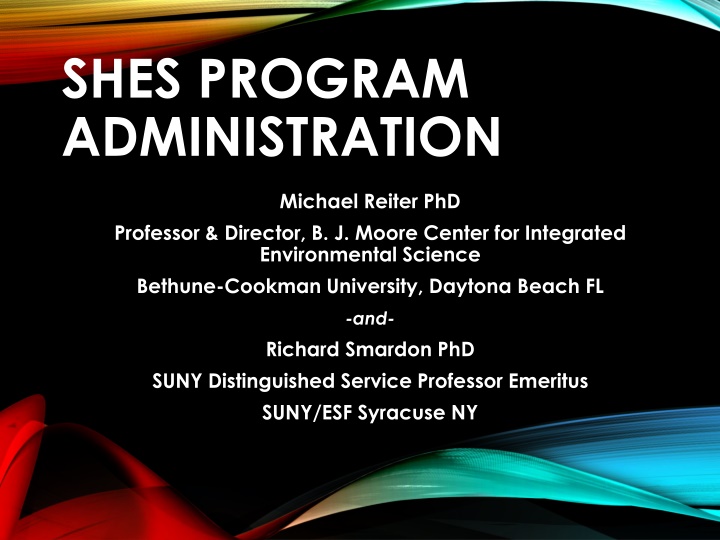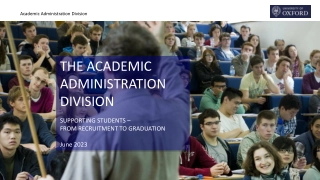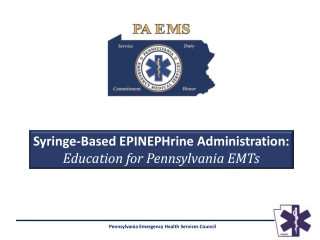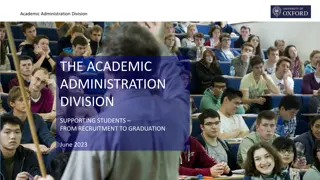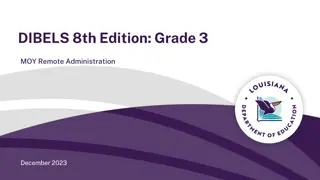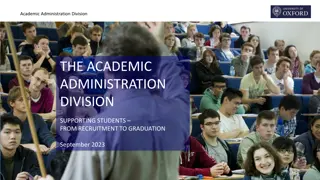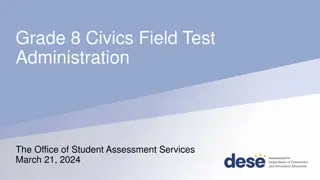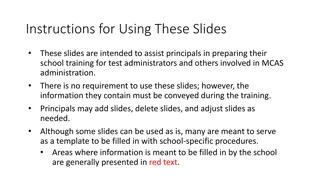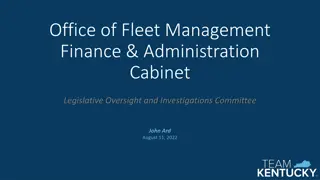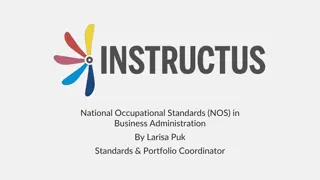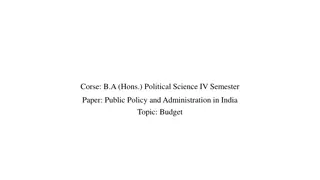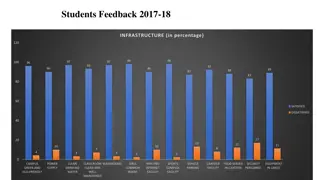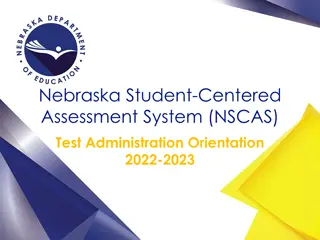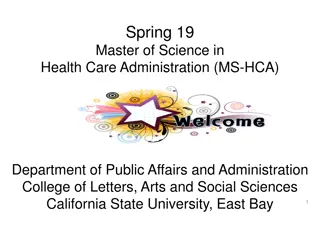SHES PROGRAM ADMINISTRATION
Michael Reiter, Ph.D., a Professor & Director, and Richard Smardon, Ph.D., a SUNY Distinguished Service Professor Emeritus, contribute their expertise in program administration at Bethune-Cookman University and SUNY/ESF. Their work focuses on integrated environmental science to address critical issues and develop innovative solutions.
Download Presentation

Please find below an Image/Link to download the presentation.
The content on the website is provided AS IS for your information and personal use only. It may not be sold, licensed, or shared on other websites without obtaining consent from the author.If you encounter any issues during the download, it is possible that the publisher has removed the file from their server.
You are allowed to download the files provided on this website for personal or commercial use, subject to the condition that they are used lawfully. All files are the property of their respective owners.
The content on the website is provided AS IS for your information and personal use only. It may not be sold, licensed, or shared on other websites without obtaining consent from the author.
E N D
Presentation Transcript
SHES PROGRAM ADMINISTRATION Michael Reiter PhD Professor & Director, B. J. Moore Center for Integrated Environmental Science Bethune-Cookman University, Daytona Beach FL -and- Richard Smardon PhD SUNY Distinguished Service Professor Emeritus SUNY/ESF Syracuse NY
PROGRAM EVALUATION & ASSESSMENT Challenges and barriers Genesis and need for assessment Existing sustainability assessment tools Global University Network in Innovation AASHE s STARS System Environmental Management Systems Self Assessment + GEMI
PROGRAM ASSESSMENT TOOLS Three dimensional University Rating System by Luckman Sustainability Tool for Auditing for University Curricula in Higher-Education (STAUNCH) by Lozano Learning outcomes & competencies in Europe- Rooda, DeHaan Lambrechts & Sleurs
SHES PROGRAM ASSESSMENT Holistic thinking Systems thinking Supradisciplinary thinking Complexity thinking Temporal thinking Diversity thinking Collaboration Social learning
SHES PROGRAM ASSESSMENT
SUPPORTING SHES FACULTY Challenges for large & small institutions Recruiting faculty-planning & implementation effort Mentoring and support- integration vs. specialization how SHES faculty work Promotion & tenure considerations assessing SHES scholarship Institution adjustment promotion criteria, budgets & decision making
SUPPORTING CURRICULUM & PROGRAM DESIGN Holistic environmental education challenges CEDD census results environmental science vs. problem solving vs. environmental citizen Resource rich vs. resource constrained Bigger is not always better smaller institution innovation Pathways forward for SHES program development
MOVING TOWARD A SHES PROGRAM
INSTITUTIONAL SUPPORT & RECOGNITION Dysfunction of current interdisciplinary programs Small institutions as models Unity College (Mulkey) Larger institution experiments: Yale, Duke, UC Santa Barbara, U Wisconsin, ASU s School of Sustainability Need for transitional structures to move toward SHES Include cultural perspectives New leadership to embrace the vision Governing bodies accept fiduciary responsibility Allocation of resources for SHES support
INSTITUTIONAL SUPPORT & RECOGNITION Institutional & program recognition Early effort by the NAEP for academic centers of excellence CEDD National censuses 2004 through 2016 AASHE Sustainability Tracking Assessment and Rating System STARS -373 rated institutions - 878 participating institutions - 726 US 72 Canadian and 80 from other countries Kappa Alpha Omicron International honor society in interdisciplinary environmental science/studies How do we recognize institutional movement toward SHES?
